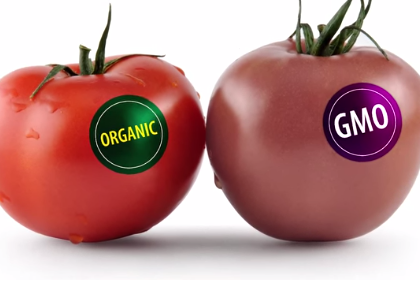
New York Times Takes Critical Look at False Promise of GMOs
An article in Sunday's New York Times has struck a blow to the argument that genetically modified (GMO) crops will help "feed the world."
October 31, 2016 | Source: EcoWatch | by Lorraine Chow
An article in Sunday's New York Times has struck a blow to the argument that genetically modified (GMO) crops will help "feed the world."
Investigative reporter Danny Hakim's piece argues that in the last two decades GMO crops have been a mainstay in conventional agriculture and the technology has not led to larger yields nor reduced pesticide use, despite the biotech industry's promises of both. He also notes that the fear that GMOs are unsafe to eat are "largely unsubstantiated."
Using United Nations data, Hakim compared the yields of GMO corn and sugar beets in the U.S. and Canada with their non-GMO counterparts in Europe, which is largely suspicious of GMOs and strictly regulates its cultivation.
"The United States and Canada have gained no discernible advantage in yields—food per acre—when measured against Western Europe, a region with comparably modernized agricultural producers like France and Germany," he wrote.
Hakim's conclusion, he points out, is similar to a report from the National Academy of Sciences that found GMO crops have not, to date, increased actual yields and should not be exclusively relied upon to meet long-term food security needs.
The widespread adoption of GMOs has also increased the use of herbicides, even though top GMO seed supplier/Roundup maker Monsanto claims its products would "decrease the overall use of herbicides."
